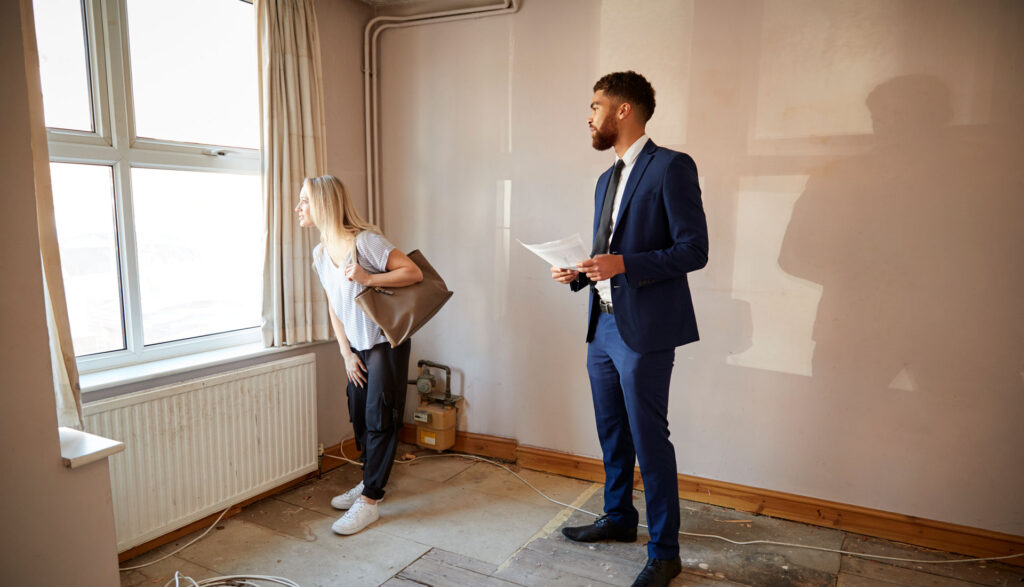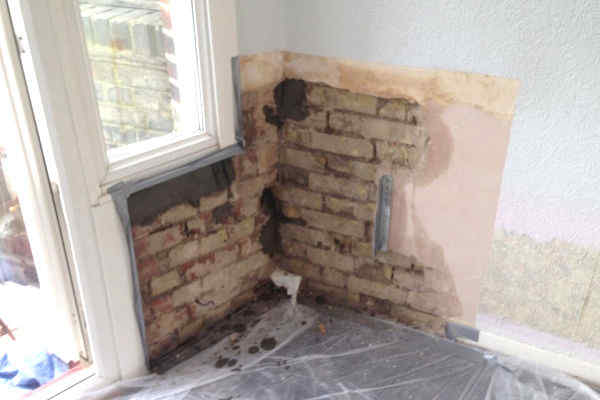Different Types of Damp Proof Courses and How to Choose the Right One for Your Home
We have always had unpredictable weather here in the UK and the last few years, we have seen a cloudy and wet climate, which means a greater risk of damage to properties, especially in London and the Home Counties. Damp and mould are a very real threat and in this short article, we take an in-depth look at the various types of damp proof courses and how to select the ones that are right for your London home.
- Physical damp proof course – Homes that were constructed pre-1970s would have a bitumen strip that is inserted between brickwork courses, typically close to the ground. About 5mm thick, this DPC membrane prevents moisture from rising up the walls and should it become damaged, damp issues would surely follow. Post 1970s DPC would be made from a form of plastic and is sandwiched between courses of brickwork, which protects the building from rising damp.
- Sheets of DPC membrane for walls – Typically used to damp proof basements, the membrane would be fitted to the walls, using studs to create a cavity between the substrate and the membrane, strips are overlapped and sealed with mastic or silicone, or large sheets are used to cover an entire wall and the layer is waterproofed. This is known as basement tanking and at London Damp Specialists, we offer an expert basement waterproofing service that comes with a full 30-year warranty.
- Cavity membrane for floors – The floor membrane is different to wall membrane and it contains drainage channels into which water is channelled; a sump section holds water and a pump sends the water to designated drainage points that are connected to mains drains.
- Chemical damp proofing – A form of DPC injection that is used to fill external wall cavities; the target wall is prepared by removing damaged plaster, then a series of 12mm holes are drilled at a height of about 150mm from ground level. The DPC chemical foam is then pumped in the holes until it reaches the entry point, then plugs are fitted and a coating of waterproof plaster is applied and when this is set, a layer of scratch plaster 15-20mm thick is applied and when dry, a final coating of skim plaster finishes the job.
Which type of damp proof course is suitable for your property?
This is a specialised industry and we recommend that you engage the services of a company such as London Damp Specialist and their experts can survey your property and determine the best damp proof solution for your home. In the event several options are possible, the specialist would explain the pros and cons of each and would make a recommendation.
Homebuyer damp survey
We offer a comprehensive damp survey for those who are buying a London property, which is an essential service to determine whether or not the property has damp or mould issues. Should there be any issues, we quote for recommended remedial work and all work is under guarantee for 30 years.
Call London Damp Specialists on 020 8528 3864 during office hours or fill in the form on our website and order a damp survey.


